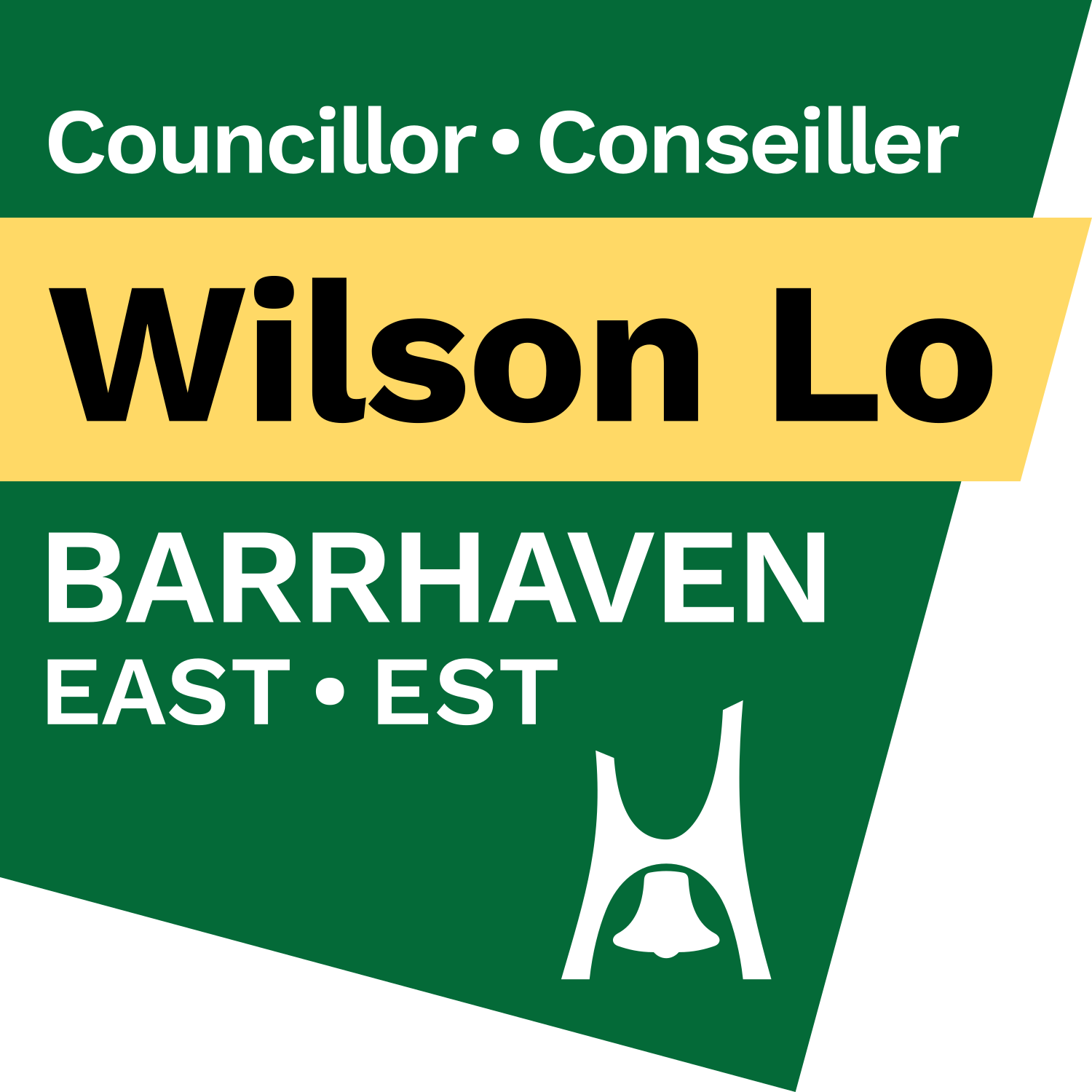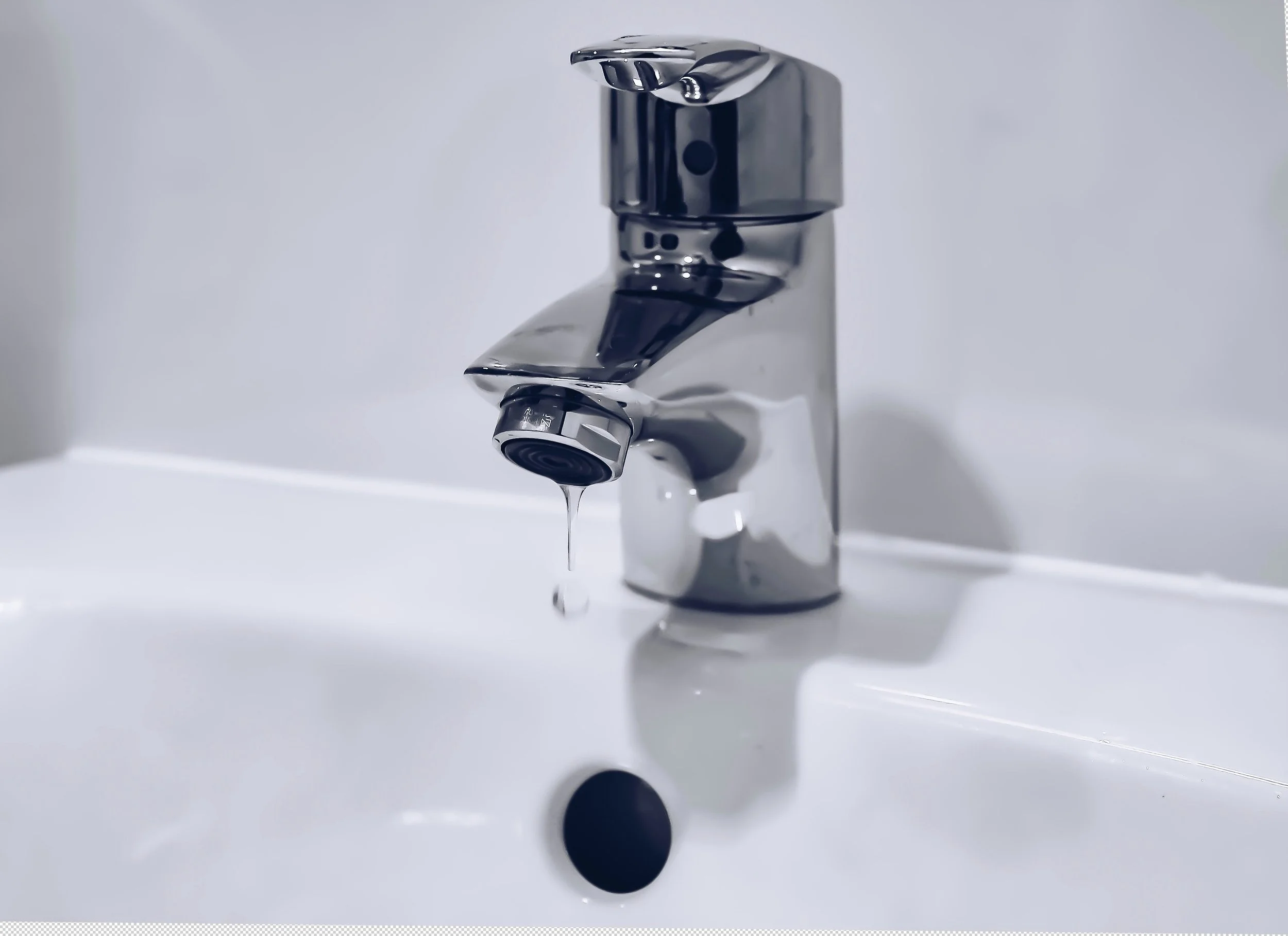Have your say: City’s water rate structure review
The City is reviewing how we recover costs to deliver water services that you rely on every day, and we want to hear from you.
To ensure fairness and balance costs for water usage with the actual costs needed to maintain our water, wastewater and stormwater infrastructure, we need to periodically look at how rates are being charged. The rate structure will apply six guiding principles to identify opportunities for improvement.
Fairness and equity
Affordability
Transparency
Financial sustainability
Supports economic development
Promote conservation
How to participate
Visit engage.ottawa.ca/rates for more information and to complete the Water Rate Review survey before the end of July 2024.
Public consultations will take place until fall 2024. More information on these consultations will be shared in advance and listed on Engage Ottawa.
Feedback received will be reviewed and consolidated to inform the review. Final recommendations will be presented to the Environment and Climate Change Committee and then Council for their consideration in 2025.
Background
The City is currently reviewing its water, wastewater and stormwater billing practices to ensure equity for all residents and businesses.
In the current structure, approximately 20 per cent of the costs to deliver water and wastewater services are recovered from residents through fixed charges and 80 per cent water usage through the water bill.
One of the challenges the City is facing is that continued conservation and reliance on variable cost recovery affects our ability to meet the annual revenue requirements; however, the costs required to deliver these services do not decrease. To balance conservation of water with the cost to deliver services, we are exploring adjustments in how fees are charged.
For stormwater billing, one of the options that staff have been exploring is the idea of using the amount of impervious surfaces on a property as the basis for charges. Impervious surfaces are areas on a property that are considered highly resistant to water absorption, such as pavement, asphalt, concrete, brick, building material and/or structure rooftops.
In rural areas, drainage is comprised of municipal drains paid for by each property owner and stormwater services funded by the City’s stormwater charges.
The City of Ottawa operates and maintains more than 2,700 kilometres of storm sewers and 1,200 kilometres of municipal drains in Ottawa’s rural areas.


